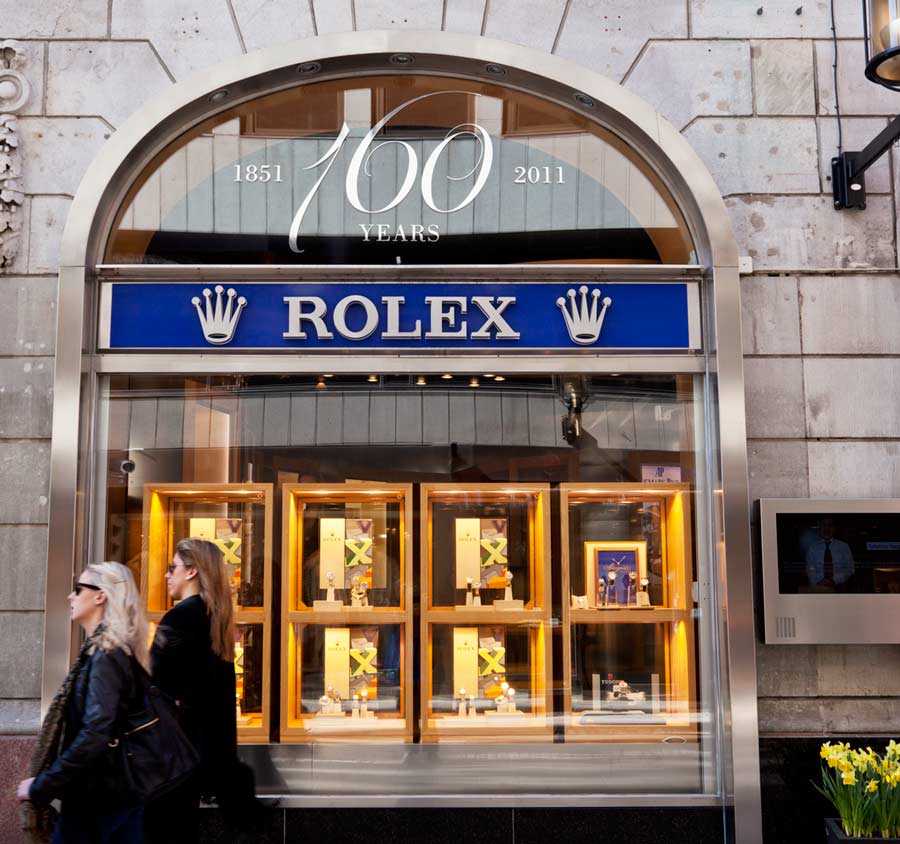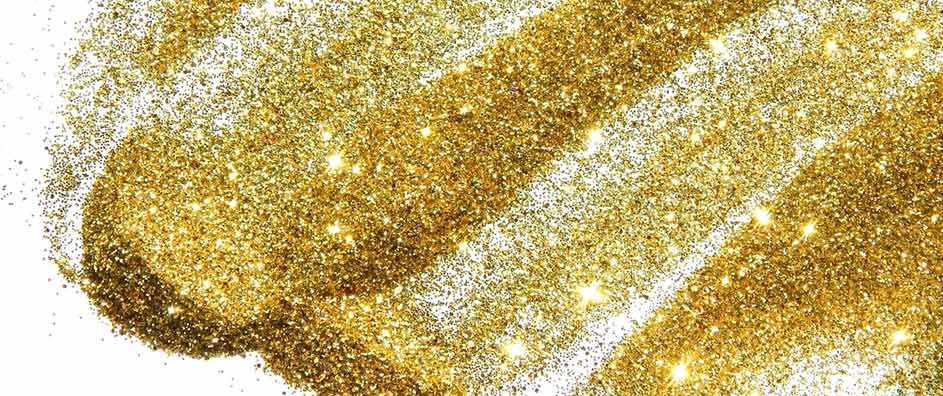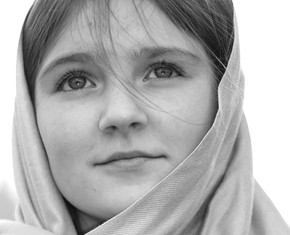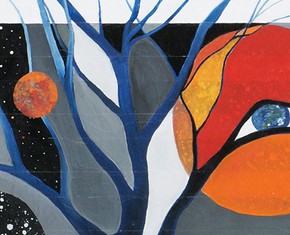The views expressed in our content reflect individual perspectives and do not represent the authoritative views of the Baha'i Faith.
Glitz and glamour, money and fame, beauty and success—many in our societies strive to achieve these goals all their lives.
Who can blame them? We are practically conditioned to believe our ultimate goal in life is to get there, to be happy and to be “somebody.” Just turn on the TV, and whether it’s an advertisement, a reality show, a music video or a movie, we’re constantly brainwashed to believe more is better, and if not you are mediocre and don’t matter.
My undergraduate studies involved marketing, and they made one thing clear: successful marketing appeals to human emotions, especially our insecurities and fears. How many times do we strive for material riches, achieve something we want, get a temporary high through a fleeting sense of happiness and accomplishment, only to realize it doesn’t last long—and then start striving for the next big luxury. I once read a deep quote that said: “Possession of material riches, without inner peace, is like dying of thirst while bathing in a lake.”
 Of course, our desire for material things differs from age to age. A five-year-old just wants a princess costume, while the adult wants a dress with the Prada or Chanel logo visible. Looking at my own life in my early teens, I was still oblivious to these things until I kept hearing from school mates “Oh did you see his watch? It was a Rolex…” and similar conversations. Once you hear it and realize its importance to your peers, you become aware and suddenly you pay attention the next time you see a Rolex. Why is that? It’s just an expensive watch that tells you what time it is.
Of course, our desire for material things differs from age to age. A five-year-old just wants a princess costume, while the adult wants a dress with the Prada or Chanel logo visible. Looking at my own life in my early teens, I was still oblivious to these things until I kept hearing from school mates “Oh did you see his watch? It was a Rolex…” and similar conversations. Once you hear it and realize its importance to your peers, you become aware and suddenly you pay attention the next time you see a Rolex. Why is that? It’s just an expensive watch that tells you what time it is.
When I was about to get married, we were preparing to shop for rings when I learned for the first time about the term “carat.” A carat, basically, simply measures the weight of the stone, which determines the price. Soon after that I began to pay attention to the size of the ring everyone wore. Why? It’s just a shiny piece of carbon that weighs a few tenths of a gram.
But today, I don’t do that anymore. There are two reasons for that—one due to a devastating event in my life, which made me understand what really matters; and the second the beautiful, spiritual Baha’i teachings, with writings like these:
O Son of Being! Busy not thyself with this world, for with fire We test the gold, and with gold We test Our servants.
O Son of Man! Thou dost wish for gold and I desire thy freedom from it. Thou thinkest thyself rich in its possession, and I recognize thy wealth in thy sanctity therefrom. By My life! This is My knowledge, and that is thy fancy; how can My way accord with thine? – Baha’u’llah, The Hidden Words, pp. 16-17.
Of course this doesn’t mean we cannot or should not enjoy material things. It means, to me, that God wants us to be free from desiring them, from spending all of our time and energy on them, from focusing on the material at the expense of the spiritual. So personally, every time I feel myself drawn to something material, I try to evaluate my intentions: do I want it to fill out a void in me or cover up an insecurity? Do I want to buy this item solely because I like it, or because I want to send a message? Am I contributing to a silent condition called “elitism”?
The Baha’i teachings warn us not to give our hearts to anything except God:
O Son of Dust! All that is in heaven and earth I have ordained for thee, except the human heart, which I have made the habitation of My beauty and glory; yet thou didst give My home and dwelling to another than Me; and whenever the manifestation of My holiness sought His own abode, a stranger found He there, and, homeless, hastened unto the sanctuary of the Beloved. Notwithstanding I have concealed thy secret and desired not thy shame. – Ibid., p. 31.
Reading this quote, I came to the conclusion that the true, authentic gold, with the highest value, that glitters with the brightest shine, is our human heart. It contains the pure gold of the love we give to ourselves and to our fellow humanity as noble beings.
















Comments
Sign in or create an account
Continue with Googleor